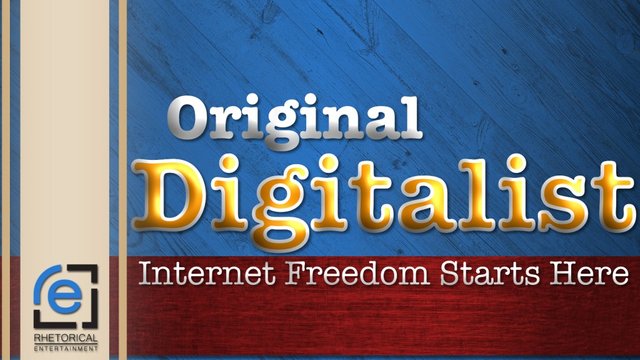The following remarks are commentary from the original author of this constitution, detailing section by section, the thoughts behind, and meaning of, the chosen verbiage in the proposed constitution. While Arthur from Rhetorical Entertainment is the author of this constitution for the internet, it must be noted that it would not be in the state it is in without the extensive and invaluable feedback received from Mitch The Ripper, Aracore, Dizzazter, and Peninachan. Many thanks to you all.
I began this document after seeing commentators I’ve watched for three or four years mention a need for an “Internet Bill of Rights” when discussing censorship, free speech or “net neutrality”, without stating what they believed should be in it or trying to advance it beyond saying it is a need. After seeing only a single, poorly executed attempt in 2013, I did some research. I used the United States Bill of Rights as a template, but very quickly realized that a full-fledged constitution was required to have some real weight. A Bill of Rights is simply not sufficient.
That’s why I set out to create a constitution for the internet. Simply because nobody else would. I spent a lot of hours working to write, in plain language, seven articles which detail and distill the definitions of our interactions on the internet and the roles we play. I worked to make sure that reasonable expectations were simply stated for each of those roles. When I had completed those, then I could focus on a bill of rights that would apply to everyone, not just a few. A bill of rights that would actually have some meaning.
For the time being, this remains a rhetorical device. The only way for this to go anywhere beyond that is for people to stop saying “we need an internet bill of rights” and to start doing something about the problem. Here is your constitution. Make it mean something.
